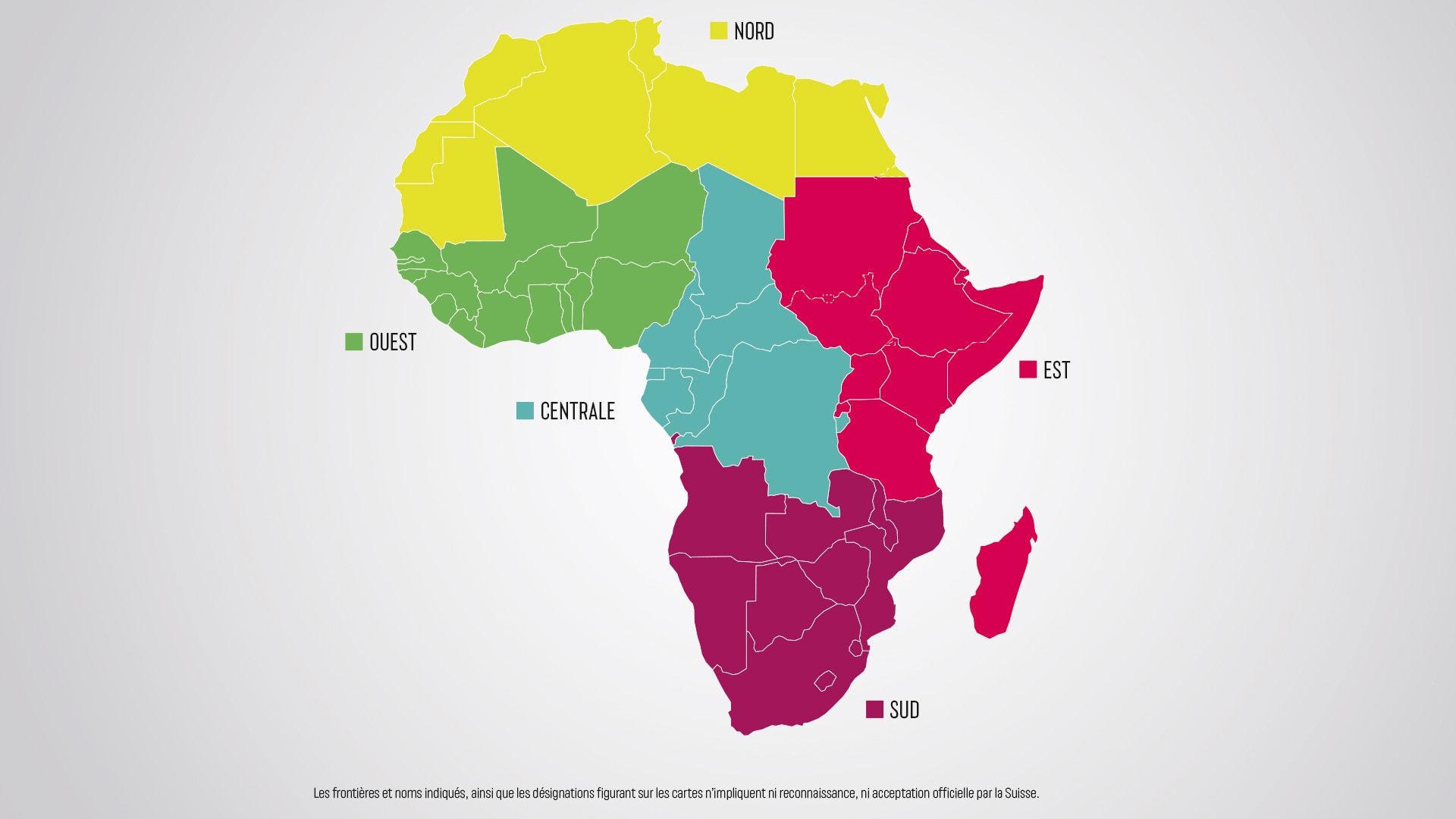Peace and security
Promoting peace and stability on the African continent is one of Switzerland's key interests, also in terms of safeguarding its own security. Continuing its policy to date, Switzerland helps to prevent, manage and resolve conflict in its capacity as a credible mediator.
Many African countries, especially south of the Sahara, are suffering political instability, exacerbated by armed conflict and violent extremism. Combined with other factors, such as ailing state institutions and ethnic discrimination, these challenges create a vicious circle of political and regional fragility. Severe humanitarian crises are the result. Civilians often find themselves caught in the crossfire and suffer the direct and indirect consequences of conflict.
In its civilian peacebuilding efforts, Switzerland emphasises its impartiality, extensive experience and recognised capabilities. It takes a flexible approach to its peace policy that is aligned with its interests and values. Swiss humanitarian aid is a further central pillar of Switzerland's activities in Africa.


